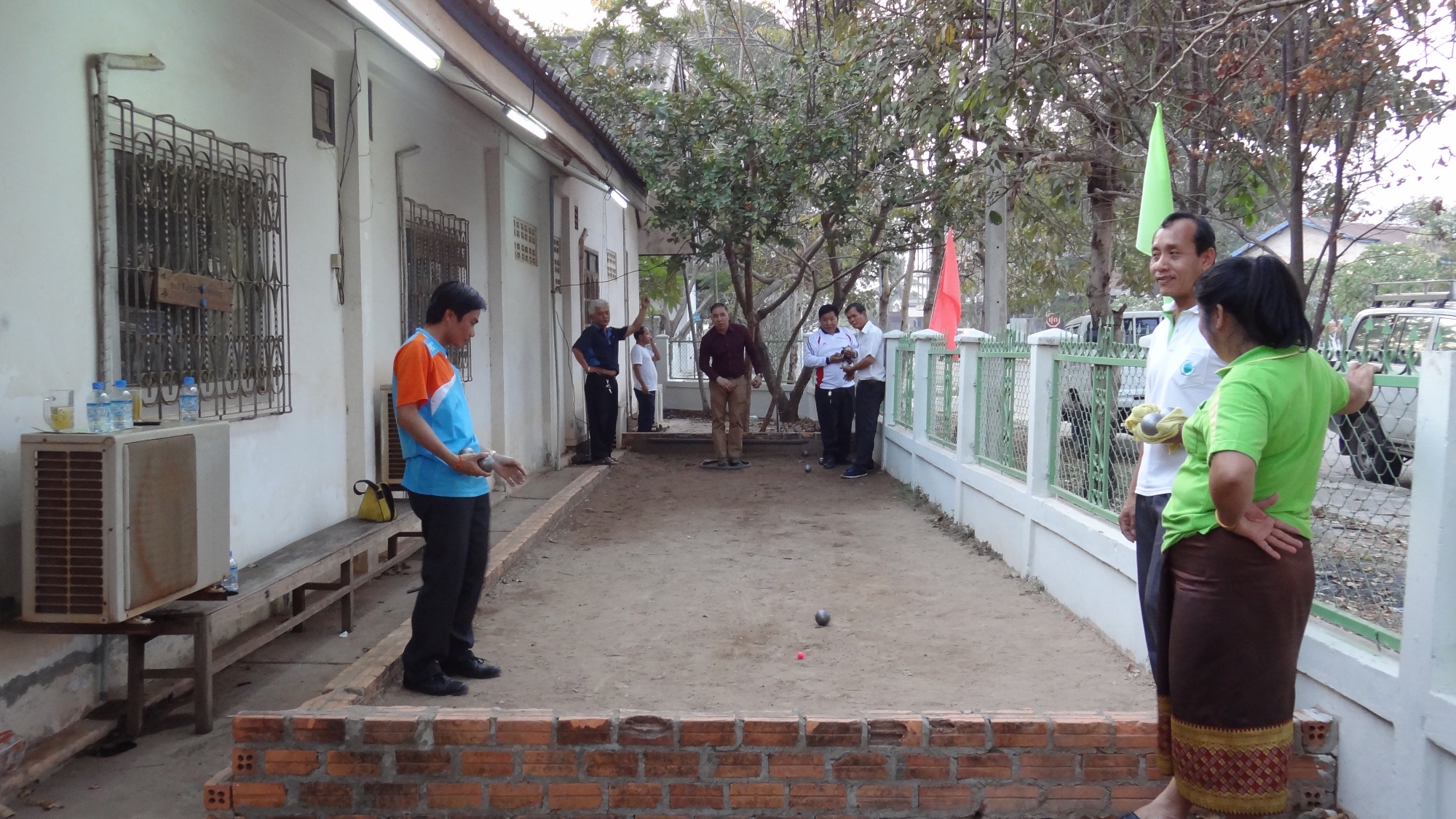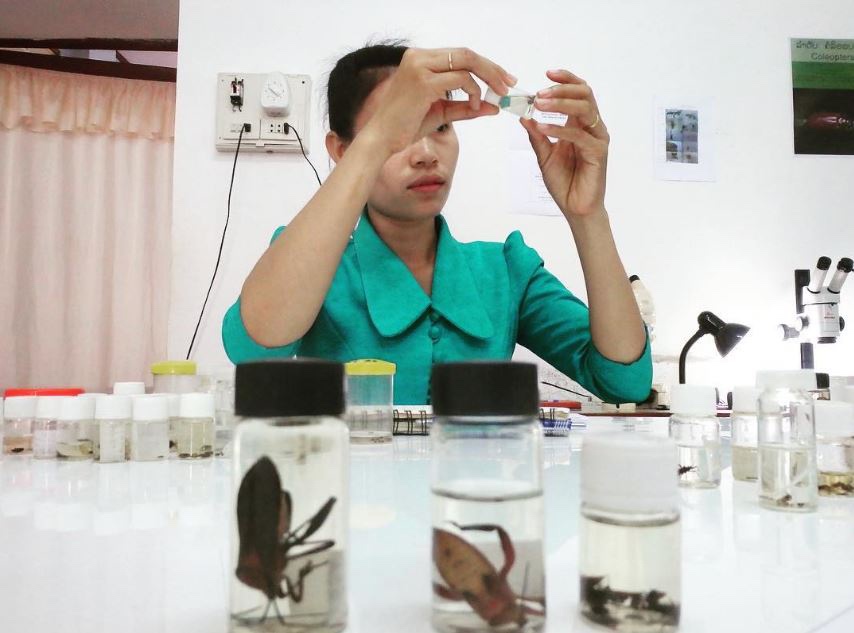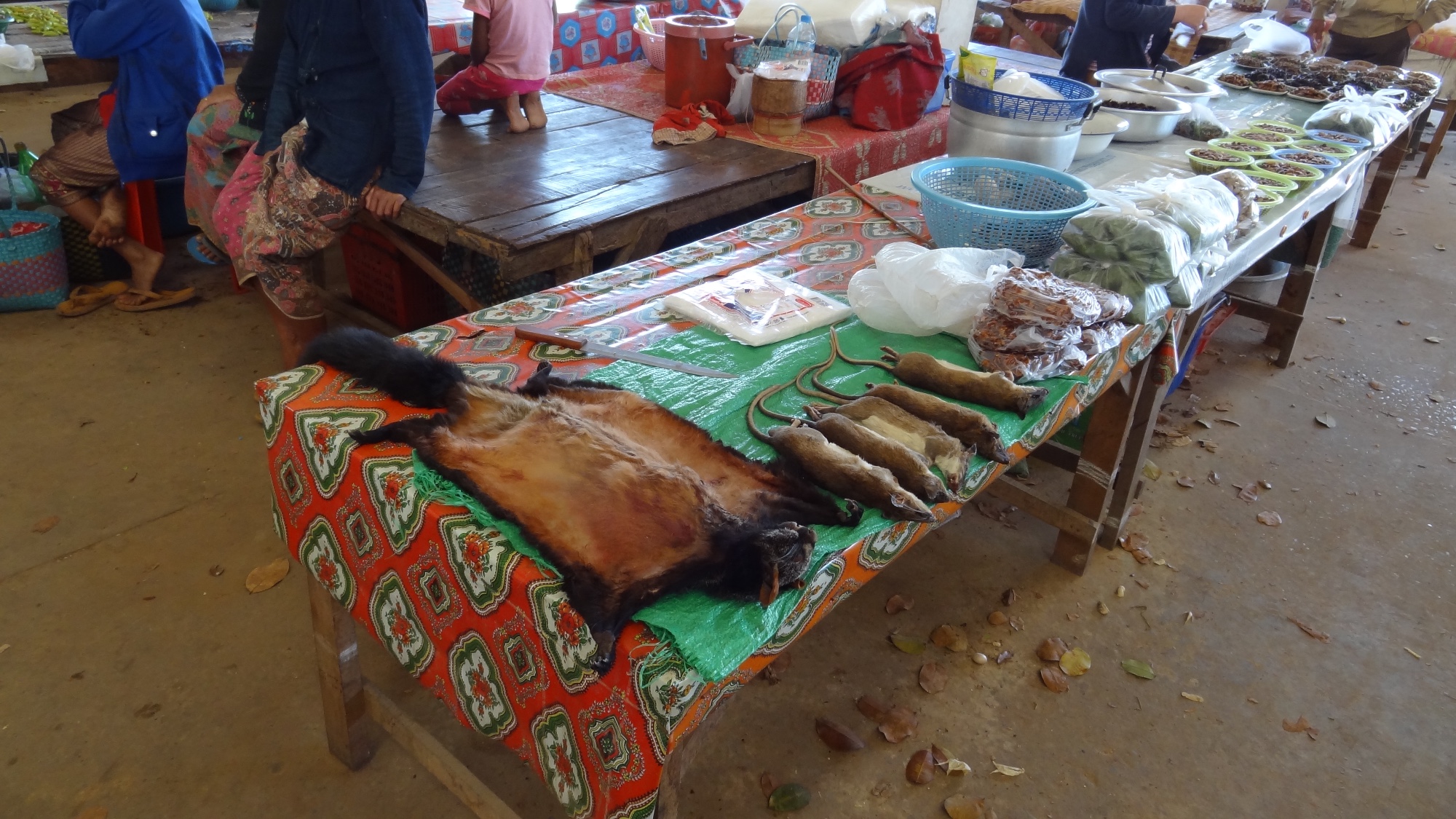The perils and blunders of working in agricultural development
I recently came across the blog ‘Blood and Milk’ by Alanna Shaikh. Alanna writes on all things international development, sharing her experiences, stories, insights, hints and tips.
There was one post in particular that caught my eye, “The five classic aid worker blunders”, which got me thinking, am I guilty of some of these too?
Blunder 1: Thinking that you are the only one who has ever tried to do what you are doing.
It is easy to get wrapped up in your work, especially when it is your passion. So, it can be very easy to forget that many others may have been there and done that previously – worked in the same field of research as you and in the same country.
The point being, network, chat and find out all you can from those who walked the path before you. Find out what worked and what didn’t and use that knowledge to make your work more effective.
And don’t forget that the people you are working with, farmers, researchers or community groups, will always have a lot of important and valuable information to offer.

Networking, your colleagues will have a wealth of knowledge
Blunder 2: Believing that all problems have a solution
Most of the work we do in agricultural development is focused on finding sustainable and effective solutions to problems. So, for me, I interpreted the second point as meaning that just because something is different from the way we work at home doesn’t mean it is a problem that needs to be fixed.
For example, in Cambodia I was recently involved in setting up a small pinned insect collection at the Forest Administration Office. The problem was how do you set up such a collection when you have no means of providing a stable temperature controlled room and there aren’t the resources or means to do so or maintain the collection?
One of our colleagues said ‘why does it have to be pinned? Why don’t we just have a wet collection (in ethanol) and a digital collection?” Perfect idea, much more suited to the resources we had on hand and we can use this collection in training across the country to extend the knowledge of insect in forests.

Wet Insect collection at the Provincial Agriculture and Forestry Office, Champasak, Laos
Blunder 3: Building a lot of technical capacity without making sure that someone is ready to use it.
This is something that resonates strongly with our work in developing integrated pest management programs and biological control development in Lao PDR and Cambodia.
In our projects, we have built a lot of technical capacity – insect diagnostics, crop surveillance, laboratory skills – as well as made sure that everyone is supported and ready to use these skills. We spend as much time as possible teaching the skills, learning how to implement them, and then providing support until everyone is confident in using these skills.
We cannot move forward in developing agricultural practices unless the people on the ground – who are implementing the diagnostics, the advice and support – have mastered the tools and are comfortable in doing so.
Blunder 4: Mistaking the capital city for the country as a whole.
Visiting the capital city of a country is still visiting the country, but thinking Australia is a series of AFL matches, lattes and bars based on your trip to Melbourne would be pretty ignorant. This is especially important in agriculture as you will often be working in rural and remote areas.
I guess the lesson to take away from this is to be prepared. Be prepared that you may have to spend time talking with the village chief before heading into the field (and this may even entail having a shot of rice whiskey before 10 am). Be prepared that the villages you are working in may not have flush toilets, a coffee machine or a supermarket. You may have to take your own peppermint tea, a silk sleeping bag and mossie repellent. And whilst these tips are not critical to the outcome of your work, it may mean you are a little more comfortable, in the end ultimately helping you do a better job.
The key points that Alanna puts forward gives us some food for thought when working overseas in international development. Taking time to really think about the work you are doing, designing your project and implementing it on ground can be the difference between a good project and a great one.
Oh, and the fifth point – Blunder 5: Brushing your teeth in tap water – I am totally guilty of this and I’m fine…. right?

In case of emergencies bring some snacks


